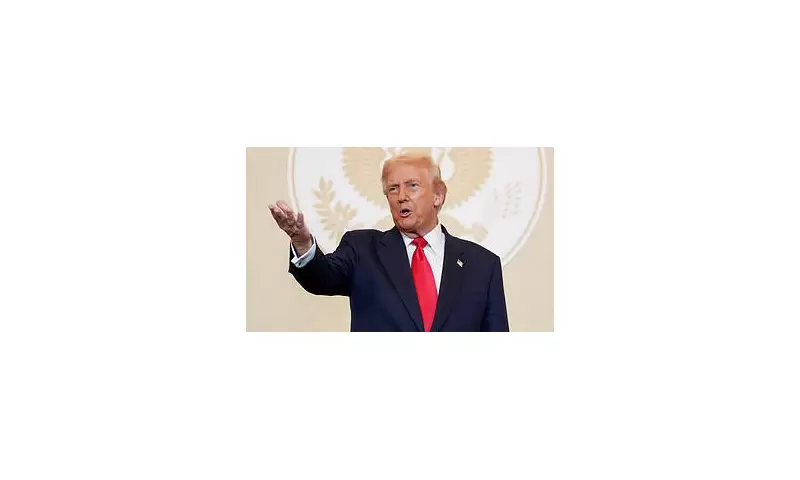
In a dramatic escalation of his hardline stance on border security, former President Donald Trump has unveiled a radical three-phase strategy to combat what he describes as "narco-terrorism," including proposing the death penalty for convicted drug traffickers.
The Three-Pronged Assault on Cartels
The controversial plan, revealed during a recent political rally, outlines a comprehensive approach to tackling the escalating drug crisis that has seen overdose deaths skyrocket across the United States.
Phase One: Military-Style Operations
Trump's first strike involves deploying military assets and special forces to target cartel operations along the southern border. "We will use every tool at our disposal," he declared, "including designating major cartels as terrorist organizations to unlock additional military and intelligence capabilities."
Phase Two: Economic Warfare
The second component focuses on financial destruction of cartel networks. This includes enhanced tracking of illicit financial flows, cryptocurrency transactions, and coordinated international efforts to freeze assets of known traffickers and their associates.
Phase Three: Ultimate Penalty
The most controversial element involves seeking capital punishment for convicted narco-terrorists. "Those who poison our children deserve the ultimate consequence," Trump stated, drawing both cheers and concerns from legal experts about potential constitutional challenges.
Escalating Crisis Demands Drastic Measures
The proposal comes as fentanyl-related deaths continue to reach record levels, with the synthetic opioid now representing the leading cause of death for Americans aged 18-45. Public health officials describe the situation as the worst drug crisis in American history.
Critics of the plan argue that implementing such measures would face significant legal hurdles and potentially violate international law. However, supporters point to the unprecedented nature of the threat, with cartels now operating sophisticated chemical laboratories capable of producing mass quantities of synthetic drugs.
The debate over Trump's proposal is likely to intensify as the 2024 election approaches, with border security and the opioid crisis emerging as central campaign issues. Legal experts anticipate fierce constitutional battles should any version of this plan be implemented.





